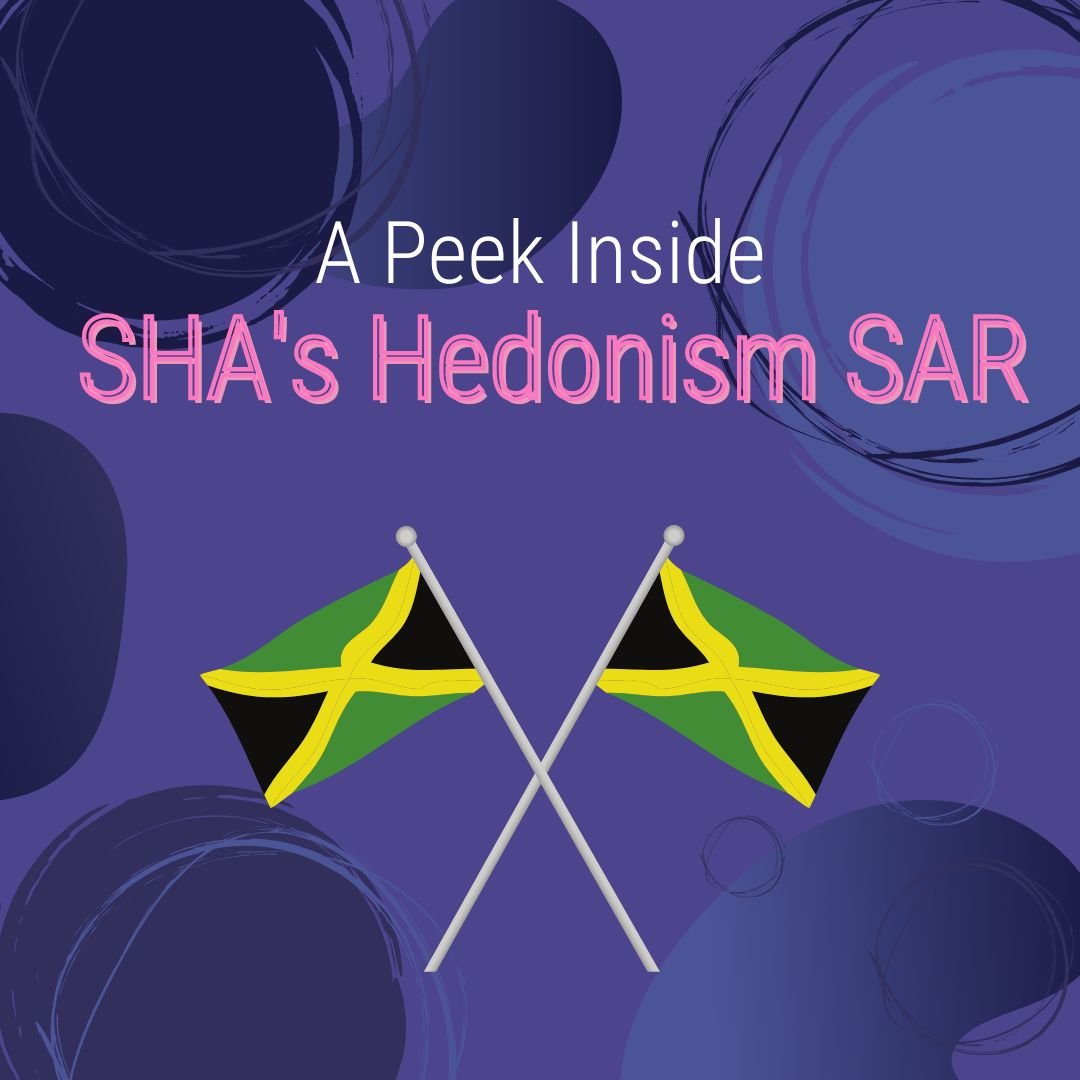On December 8th and 9th of this year, 28 students and our team from the Sexual Health Alliance gathered at Hedonism II, a beach-side resort in Negril, Jamaica to discuss all manners of human sexuality. Some of the students were there as part of their first steps into future careers—as sex therapists, sexuality counselors, sexuality coaches or consultants, and more—while others, already established in those careers, were there to enrich their practice and grow their skillset. The common goal of all participants—students and facilitators alike—was to critically examine, reflect on, and reassess their embedded sexual attitudes, ranging from the easily negotiable to the deeply ingrained.
In terms of locale, Hedonism—a clothing-optional resort often frequented by swingers and others of sexually adventurous lifestyles and mindsets—might seem to be an odd choice for a professional training. This particular training, however, was a Sexual Attitude Reassessment (SAR), designed for the purpose of prompting sexuality professionals to identify and explore the boundaries of their comfort zones so that they might bring less bias, judgment, and other such noise into their professional practice. The classroom discussions—focusing on critical reflection and discussion on practices such as BDSM, transgender pornography, consensual nonconsent, and more—provided opportunities to confront our biases in collaborative dialogue with others, re-evaluating and perhaps even re-establishing our own personal limits. Outside of the classroom, the atmosphere of Hedonism provided an immersive, experiential component to the SAR that simply could not be replicated within a classroom. (The sunsets were pretty, too.)
As a transgender woman, I was initially nervous about traveling to Negril for the SAR, given common public sentiment in Jamaica regarding queerness. And while I spent all of my time there at the resort and can speak only to my own experience, I can say that other students and facilitators there with the Sexual Health Alliance were supportive, affirming, and fully collaborative in creating and maintaining an atmosphere of safety. I spoke often about queer and trans issues and perspectives throughout the training, and was met with open minds and hearts, affirming curiosity, and demonstrable displays of allyship.
As the SAR was concluding, every student I conversed with expressed at least some light sadness that we’d all soon be heading back towards our homes. There were promising professional connections established, new friendships made, and—perhaps most importantly—dozens upon dozens of collective hours of in-depth discussion about sex, sexuality, sexual identity, and how we can all better and more intentionally serve the populations with which we work. Many of those conversations are still going, in fact, and showing no sign of slowing down.
Sexuality professionals have an ethical duty to their clients to stay informed with a breadth and depth of knowledge and skill that expands constantly into the cutting edge. It was a powerful, inspiring, and transformative experience to be present as so many lightbulbs went off, so many preconceived notions uncovered, and so much conceptual and professional growth was had. I saw it in my peers and colleagues—and I felt it in myself, too.
Unable to attend this SAR but still need one for graduation? Attend our upcoming Cupid’s SAR on Feb. 17th-18th
Ley David Elliette Cray, PhD (she/they) is LGBTQIA+ Curriculum Coordinator for the Sexual Health Alliance and founder of Transentience Coaching. She lives in New Mexico with her cats.




